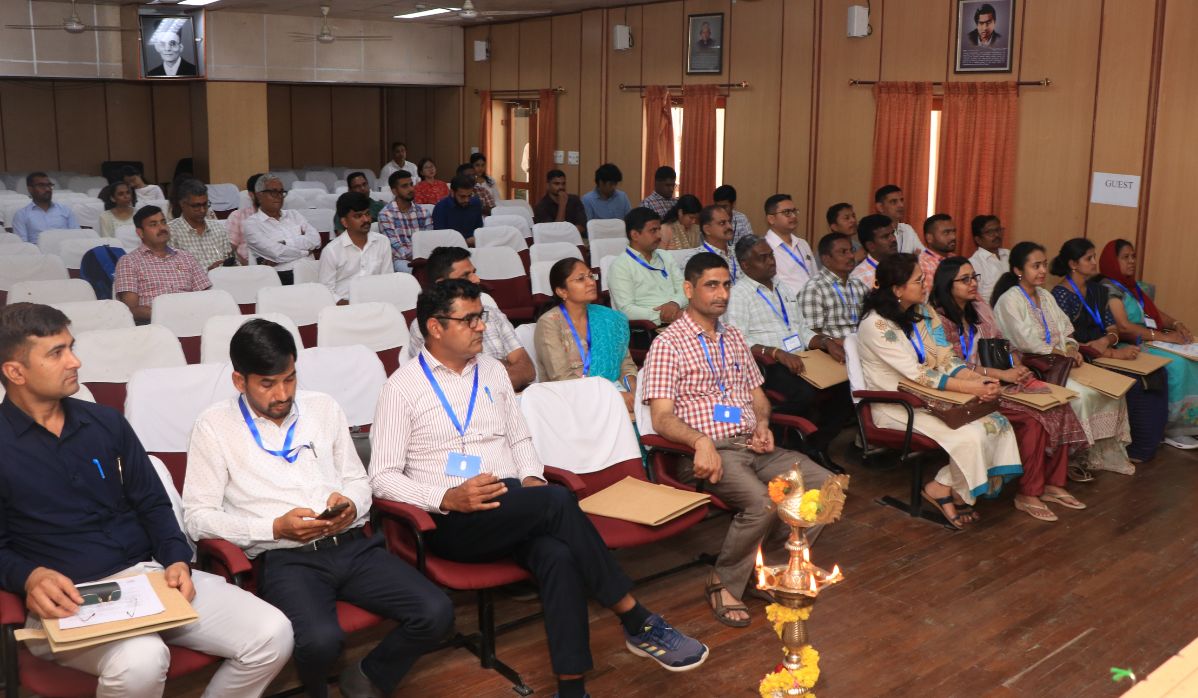Tarun Karthick
Sri Vijaya Puram, 12 February 2025
The ICAR-Central Island Agricultural Research Institute (ICAR-CIARI), Sri Vijaya Puram, inaugurated a 21-day ICAR-sponsored Summer School on “Livestock Reproduction Management Under Impending Climate Change”, which will run from February 12 to March 4, 2025.
The training program was formally inaugurated by Dr. Eaknath B. Chakurkar, Director, ICAR-CIARI. The initiative aims to equip participants with a multidisciplinary approach to reproductive management strategies, integrating advanced biotechnology tools to develop climate change mitigation strategies for livestock reproduction.
Participants will receive hands-on training in cutting-edge biotechnological techniques and explore practical solutions to optimize reproductive performance while addressing challenges posed by changing climatic conditions.
The program has attracted 20 participants from various states across India, including Rajasthan, Uttar Pradesh, Bihar, Haryana, Karnataka, Tamil Nadu, Andhra Pradesh, Gujarat, Madhya Pradesh, and Assam. Among the attendees are 14 male and 6 female trainees.
In his inaugural address, Dr. Chakurkar highlighted the significant impact of climate change on livestock production, particularly in fragile ecosystems like the Andaman and Nicobar Islands. He pointed out that reproductive parameters are among the most vulnerable traits in livestock production systems affected by climate stress.
Dr. Jai Sunder, Head of the Animal Science Division at ICAR-CIARI, welcomed the chief guest and participants, emphasizing the importance of the training program. He stated that the initiative will help participants gain valuable insights to enhance livestock productivity and sustainability.
The program is being coordinated by Senior Scientists Dr. P. Perumal and Dr. R.R. Alyethodi. It aims to contribute towards building a more resilient and efficient livestock sector capable of adapting to the challenges posed by climate change.

